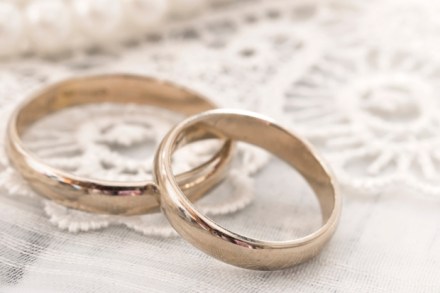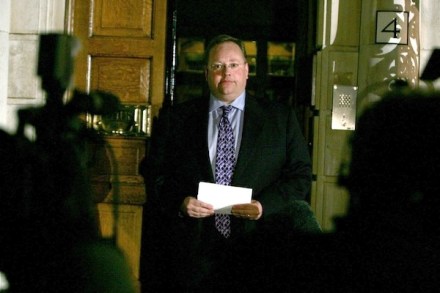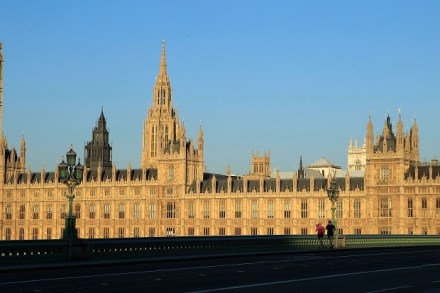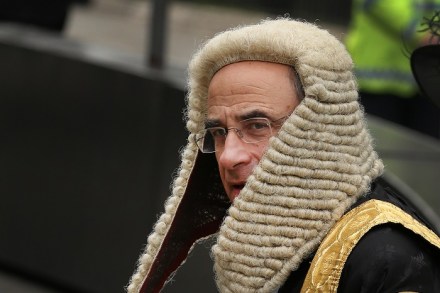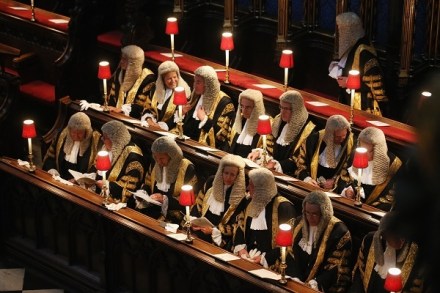Who judges the judges?
I like Jonathan Calvert and Heidi Blake of the Sunday Times. I will not pretend they are anything like close friends or family. I doubt if I see them more than once a year. But before you read any further you should know about our acquaintance. It is important for journalists to declare their interests. Readers must be free to make up their own minds, even if I believe – especially if I believe – that a friendship or family bond could never influence my writing. In a few days, the Sunday Times will apply for the right to appeal against a decision by Mr Justice Tugendhat from July last


